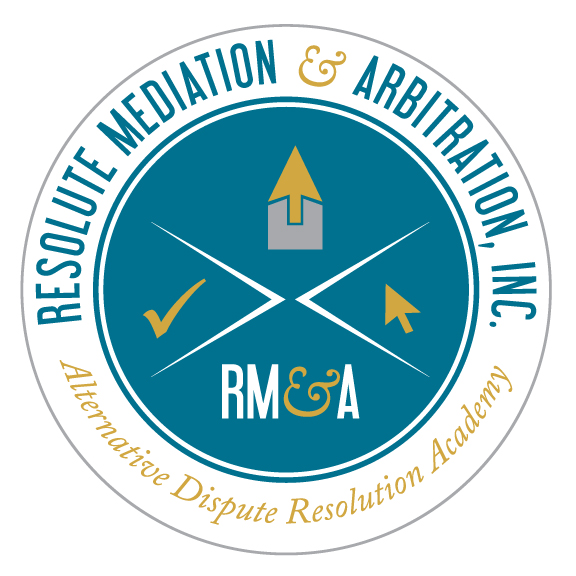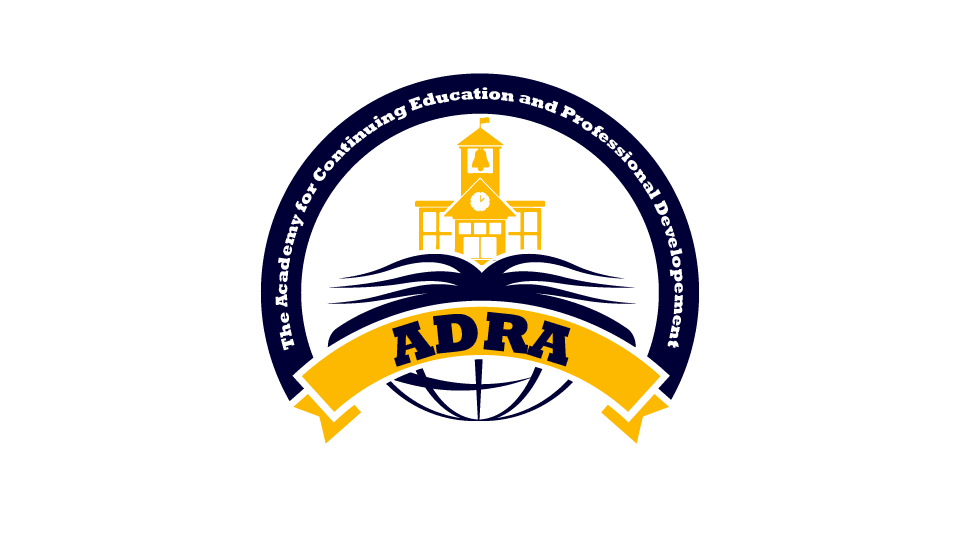No products in the cart.
Short Course Description
This online course equips participants with essential knowledge and skills to serve as effective EEO Investigators. Aligning with EEOC requirements, the course delves into the intricacies of EEO law, investigative methodologies, and the federal EEO process, ensuring comprehensive readiness for real-world scenarios.
When:
- January 13-16, 2025 (Monday to Thursday) | 8:30 AM – 4:30 PM EST
- May 12-15, 2025 (Monday to Thursday) | 8:30 AM – 4:30 PM EST
- September 8-11, 2025 (Monday to Thursday) | 8:30 AM – 4:30 PM EST
Time: 8:30 AM - 4:30 PM EST. Participants may attend in-person classroom training (Arlington, Virginia)
Delivery Method: Instructor Lead In-person and Zoom Classroom
Credits: Certificate of Completion. 3.2 IACET CEUs.
Course Objectives:
- Understand the foundational concepts of EEO law and theories.
- Navigate the federal sector EEO process as per 29 C.F.R. part 1614.
- Identify and apply appropriate models of proof in discrimination and harassment cases.
- Dive deep into the specifics of disability discrimination cases.
- Plan, structure, and execute an EEO investigation.
- Utilize effective investigative methods for gathering crucial information.
- Maintain impartiality while documenting investigative findings.
- Summarize investigations with clarity and precision.
Learning Outcomes:
By the end of this course, participants will be able to:
- Foundational Concepts: Define and explain key EEO laws and their underlying theories.
Recognize the various categories of discrimination prohibited by federal law. - Navigating the EEO Process: Illustrate the steps in the federal EEO complaint process as dictated by 29 C.F.R. part 1614.
Differentiate between informal and formal complaint stages. - Models of Proof: Determine the applicable model of proof in various employment discrimination scenarios.
Evaluate evidence and testimonies effectively to establish a case's merit. - Disability Discrimination Nuances: Identify the elements required to prove disability discrimination.
Advise on reasonable accommodations in compliance with federal regulations. - Investigative Planning: Design a comprehensive investigative plan tailored to specific cases.
Prioritize investigative actions for maximum efficiency. - Information Gathering: Deploy advanced techniques to request and gather pivotal documents, medical information, and other relevant data.
Conduct insightful interviews and secure reliable affidavits. - Impartial Documentation: Document investigative processes and findings without bias.
Ensure that records are comprehensive, accurate, and adhere to EEOC standards. - Investigative Summarization: Draft clear, concise, and informative investigative summaries.
Highlight key findings and provide actionable recommendations.
Instructor(s)
Guno Ritfeld
Guno Ritfeld is a retired Department of Defense Commissioned Officer. He has earned a B.A. in Psychology/Education, a Juris Doctorate (J.D.), and a Master of Laws (LL.M.) degree.
He is certified by the Florida Supreme Court as a Circuit Civil, Family, and County mediator and has served as a County mediator at the Orange County courthouse. He served as a member of the City of Orlando Certification Appeals Board and Chapter 57 Discrimination Board, and as a contract Human Rights Mediator and Administrative Investigator for various state and federal agencies. He is an experienced commercial, workplace, and family dispute mediator and arbitrator.


